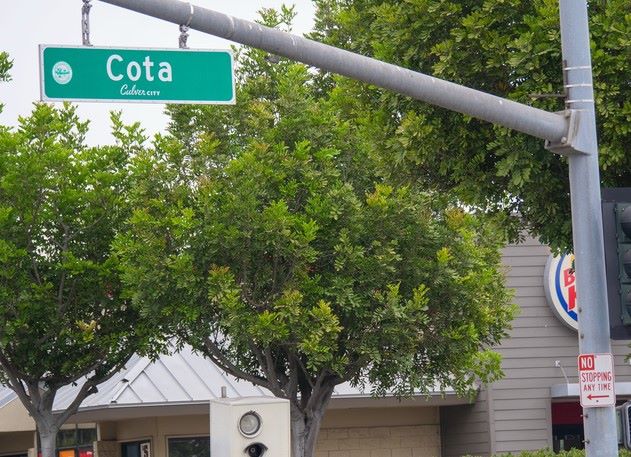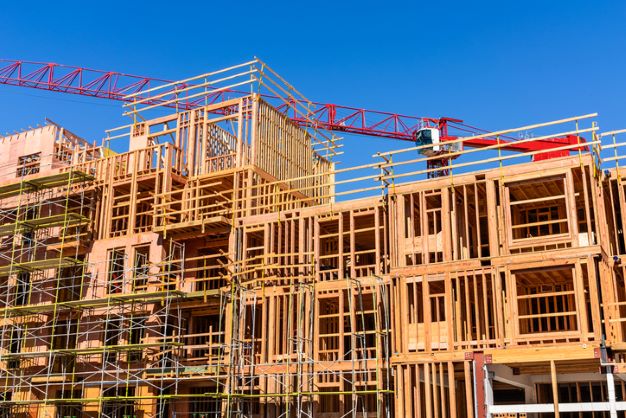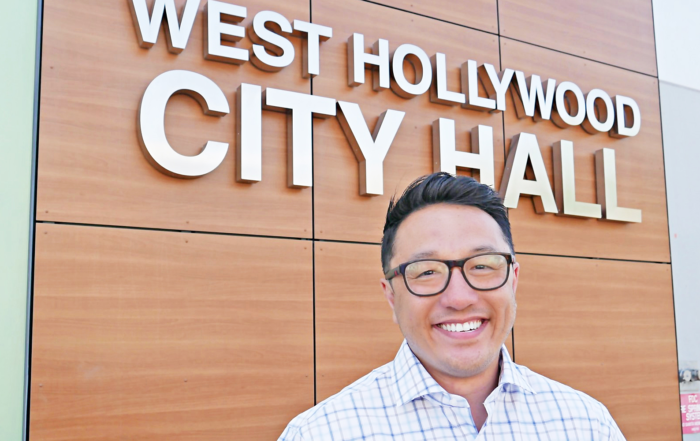Culver City extended its contract to use red light cameras in the city for five years at its city council meeting Monday night. The cameras are currently located at 12 intersections in the city, with the newest installed in 2017.
While the contract will cost the city just under $1 million per year, that money will be recouped by the money brought in from the $490 tickets that come with red light violations. The Culver City Police Department estimated that the city will see a net $1.5 million profit from the tickets after paying for the contract and other associated costs.
Culver City has had its Automated Traffic Enforcement Program in place since 1998, just three years after it was made legal when California Vehicle Code section 21455.5 was introduced. The law has had several judicial proceedings focused on it, including a challenge in People v. Goldsmith in 2010 that failed when the California Supreme Court ruled that evidence from enforcement cameras was not hearsay.
Studies on the matter have also seen mixed results. Many studies done at both local levels and on a national scale show red light cameras help reduce fatalities, including one from the nonprofit Insurance Institute for Highway Safety cited by city staff which found the devices reduced the fatal red light running crash rate by 21 percent and the rate of all types of fatal crashes at signalized intersections by 14 percent.
However, some show that the frequency of collisions stayed the same or even increased when red light cameras were installed. A study conducted in Houston in 2017 concluded that cameras “changed the composition of accidents” but had no direct impact on the frequency.
In Culver City, the former seems to be the case. In 2023, red light violations at the three intersections where red light cameras were most recently installed — which are Washington Boulevard and National Boulevard, Washington Boulevard and Overland Avenue, and Washington Boulevard and Sepulveda Boulevard — red light violations decreased by 12.7 percent from when they were first installed in 2017.
Additionally, collisions at red-light camera intersections have gradually reduced in recent years, having zero incidents this year after having three in both 2021 and 2022.
While the revenue was encouraging, Councilmember Freddie Puza expressed concerns with the cost of tickets and the lack of a sliding scale for low-income offenders. He also argued that the profit from the tickets could be spent to improve the “traffic calming infrastructure” in the city.
“For me, the point is to incentivize and prioritize safety,” Puza said, “not push people further into poverty.”
However, these requests have some obstacles in front of them. The city does not set the prices for these tickets, and the state takes about a third of the money that is brought in from violators. As for direction on where to spend the funds, City Attorney Heather Baker said that there could be legal restrictions on how the city can spend the funds, but she was unsure of those laws at the meeting.
Several nearby cities have red-light camera enforcement programs including Beverly Hills, Gardena, Hawthorne, El Segundo, Torrance, Long Beach, and Los Angeles, something which Mayor Yasmine-Imani McMorrin questioned at the meeting. She expressed her belief in structural changes to address these issues, noting that red light cameras are only catching people after they commit the act.
“While I am appreciative, I wonder if we have a stated strategy about how we think about designing our roads differently to discourage these kinds of things,” McMorrin said.
Despite many of his supporters disagreeing with the use of red light cameras in the city, Councilmember Dan O’Brien expressed strong support for continuing the program. He spoke of his experience as an avid pedestrian in the city, and how even seemingly harmless acts like rolling at a red light while making a right turn are dangerous for those walking.
“I have had my hands on a lot of hoods of cars in Culver City,” O’Brien said.
Discontent among residents about the red light cameras was noted by multiple council members, one of those reasons being concerns over surveillance. Recently installed license plate readers in the city exacerbated these concerns. Puza said that many of them are addressed in the back-end processes of the program, and said that the benefits like reducing police interactions were important.
“The safety aspect mixed with the reduced interactions between officers and the public makes me lean towards supporting this,” Puza said.
The motion approving the contract passed unanimously, 5-0.
Photo by the author.
Stay informed. Sign up for The Westside Voice Newsletter
By clicking submit, you agree to share your email address with Westside Voice. We do not sell or share your information with anyone.








